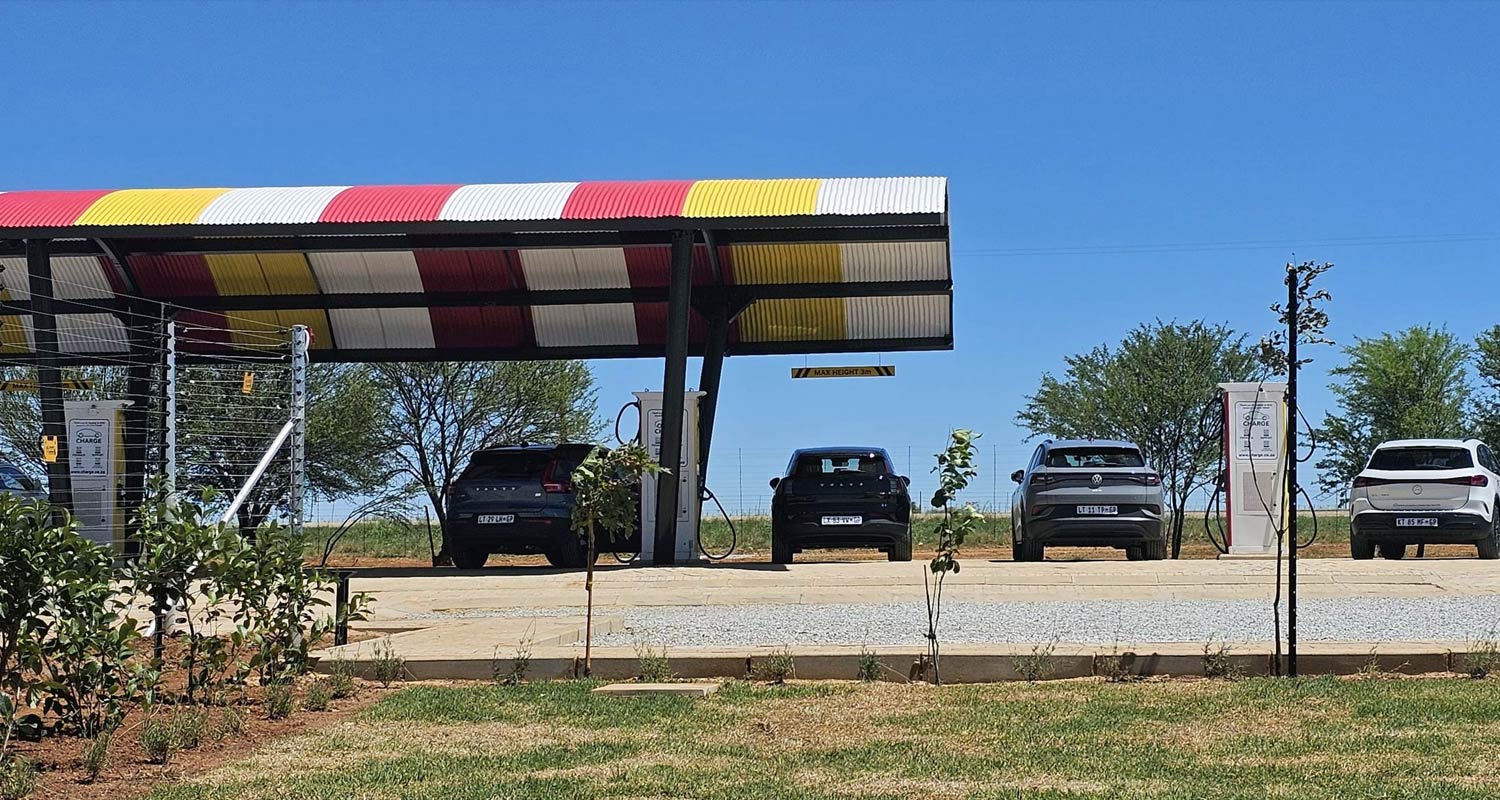
Driving forward while staring into the rearview mirror is not only reckless, it is a surefire way to crash. Yet this is exactly how South Africa is navigating the most disruptive moment in energy, transport and infrastructure in a century.
We know the road ahead demands change, but instead of focusing on the opportunities before us, we are paralysed by outdated regulations, trapped in bureaucratic loops and clinging to failing systems. The danger is clear: if we do not change urgently, we will not just stall – we risk economic collapse.
One of my favourite books, The Innovator’s Dilemma, written by Harvard professor Clayton M Christensen, explains why successful companies and entire economies fail when they resist disruptive innovation. They do so not because they lack resources, but because they refuse to adapt. Existing systems feel safe, familiar and controllable, but by protecting the old, leaders miss the chance to invest in the new. This is the exact trap South Africa needs to escape from. By resisting renewable energy, electric mobility and decentralised infrastructure, we are guaranteeing that others will overtake us as they have been.
Consider the energy sector. The cost of solar panels and battery storage has plummeted in the past decade, making them the most affordable, scalable and environmentally friendly solution available. Rural communities could be electrified within months using solar microgrids. Businesses could liberate themselves from Eskom’s chaos with on-site solar and storage. Instead, South Africa spends billions on trying to resuscitate an ancient, failing national grid, and even more on speculative projects like green hydrogen, which remain decades away from viability. We ignore the obvious in front of us, chasing after distractions while the most immediate, proven solution – solar and batteries – lies waiting to transform our economy.
Stalling
This stubbornness is not new. Three years ago, electric vehicles were barely a topic of conversation in South Africa. Today the global market has exploded, and the hockey stick curve of adoption is visible everywhere. Automakers worldwide are phasing out internal combustion engines, while countries across Africa are accelerating EV uptake:
- Ethiopia has already announced a ban on internal combustion vehicles, forcing its transport system into a net-zero future.
- Kenya derives over 90% of its electricity from renewable sources and is rapidly scaling EV infrastructure.
- Morocco has positioned itself as a solar superpower, exporting clean energy while preparing for an electrified transport sector.
Meanwhile, in South Africa, EVs are still treated as a foreign luxury, and developers of sustainable charging networks face years of silent sabotage and obstruction from state agencies such as Sanral in the name of “protecting the roads”. It is a perfect example of driving forward while staring backward. Our competitors are racing into the future while we’re stalling at a green light.
Read: Driving on sunshine – how EVs and solar could power South Africa forward
The consequences of this paralysis will be immense. South Africa’s automotive sector, the backbone of our manufacturing industry, risks collapse if it cannot pivot to electric vehicles. Investors, both local and foreign, will bypass us in favour of friendlier markets. If industries pay more for outdated energy systems, job losses will mount. Competitors who power their economies with cheaper, renewable sources will gain market share. The economic opportunity cost of inaction will dwarf any short-term comfort in clinging to the past.

History reminds us that disruptive technologies are not patient. They do not wait for policymakers to catch up. Just as cellphones replaced fixed-line phones in a single generation, so, too, will renewables replace coal and electric trucks replace diesel. South Africa once believed fixed lines were essential, dismissing mobile phones as indulgences. Within a decade, the Nokia in your pocket became the most important tool you owned. Today there is no fixed line left to defend – the disruption was total. And yet, when it comes to energy and transport, we repeat the same mistake: defending the old while dismissing the new.
South Africa has everything it needs to win this race. We have some of the world’s best solar resources, abundant land for microgrid development, and a private sector ready to invest in energy and transport innovation. What we lack is a government willing to cut the red tape and create enabling policy frameworks that support innovation rather than smother it. This is about survival.
The Innovators’ Dilemma warns that those who cling to the old will collapse. We are now at that point as a country. To continue resisting change is to guarantee obsolescence, job losses and economic decline. But if we embrace disruption – if we allow solar, storage and electric transport to scale rapidly – we can secure affordable energy, create new industries and lead the continent into a sustainable future. The choice is ours, but the time for hesitation is gone.
South Africa must stop staring in the rearview mirror. The road ahead is clear: innovation or collapse.
Get breaking news from TechCentral on WhatsApp. Sign up here.
- The author, Joubert Roux, is the founder and executive chairman of Zero Carbon Charge, a company building a national network of off-grid EV charging stations in South Africa

